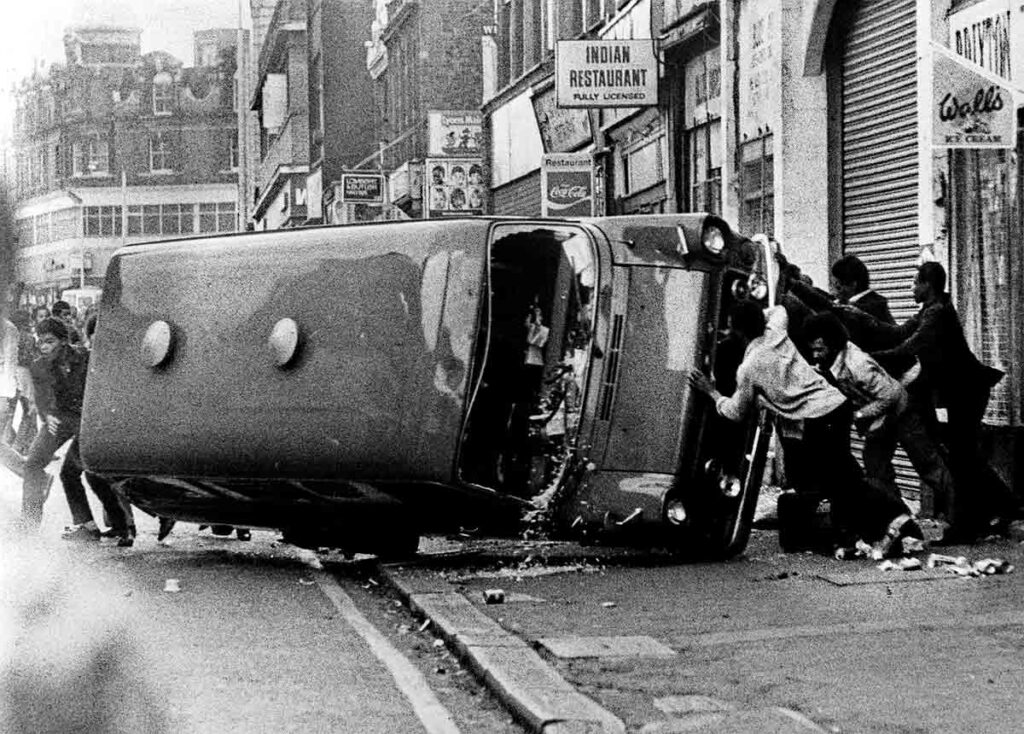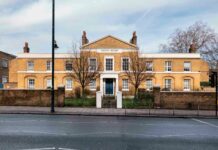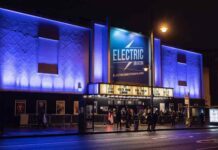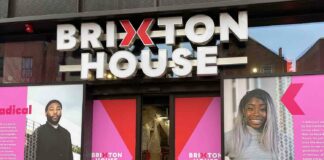
No one who loves or lives in Brixton should miss Uprising, the three-part documentary series by Oscar-winner Sir Steve McQueen, which begins at 9pm tonight (20 July) on BBC One.
In fact, the series, directed by Steve McQueen and James Rogan, should go straight into schools everywhere in Britain as an essential part of understanding modern Britain.
It is a story of what happened to members of the Windrush Generation and its descendants – the other side of the story from the incomplete one portrayed in government-supported Windrush Day celebrations.
An immensely skilled but simple combination of talking heads and old documentary footage and press cuttings, Uprising allows people to tell a story in which brutality – especially from the police and the press – turned an entire community into both victims and heroes.
While the Brixton Uprising of 1981 is known around the world, the New Cross Fire, which is at the heart of the first two of the three programmes, is less well known.
But the two are parts of almighty fight by an entire community to be recognised for what it is – an essential and integral part of Britain.
The documentary series complements the Small Axe drama series, also by Sir Steve McQueen.
It is a story of lives destroyed, hate, heroism and determination.
It plays out alongside the doomed marriage of Charles and Diana and is full of telling and harrowing detail both personal and political about racism in Britain at the time.
The messages of condolence, for instance, sent by the Queen and Prime Minister to Ireland when teenagers there died in a disco fire, when none were offered after 13 young people died in Britain’s own capital city.
When some words were finally found, they were sent not to the parents of the 13, but to a local community leader.
Brixton naturally features as the site of the 1981 riots that followed the fire, but also as the physical and spiritual home of a community.
The many people interviewed include Alex Wheatle, now the Bard of Brixton, in the early 80s a teenager on his way to prison.
Family, friends and supporters of the New Cross 13 speak with immense dignity about the fire, its aftermath and its context of relentless and brutal racism from police, press and government.
They are joined by the white friend of one of the victims and the Black police officer who suffered the daily racism of colleagues and the hatred of members of his community.
Police officers speak frankly of how they feared death and serious injury when Brixton erupted.
Later examples of the grotesque failure of the Metropolitan Police to serve the Black community – such as their pursuit of the family and friends of Stephen Lawrence, rather than the people who killed him – are also foreshadowed in the series.
Police filmed from afar the funeral of victims of the fire – later using information they gleaned in oppressive interrogations of victims and witnesses.
The three programmes run daily, with episode two tomorrow looking at the epoch-making Black Peoples Day of Action that followed the New Cross Fire and, on Thursday, episode three on the Brixton Uprising.
There must be sorrow that, although events more than 40 years ago should be history, the racism that these documentaries expose is still with us.

















